Qaum Mulk Sultanat Citizenship And National Belonging In Pakistan
By: Ali Usman Qasmi
-
Rs 1,799.10
- Rs 1,999.00
- 10%
You save Rs 199.90.
Due to constant currency fluctuation, prices are subject to change with or without notice.
After the trauma of mass violence and massive population movements around the partition of India and Pakistan in 1947, both new nation states faced the enormous challenge of creating new national narratives, symbols, and histories, as well as a new framework for their political life. While leadership in India claimed the anti-colonial movement, Gandhi, and a civilizational legacy in the subcontinent, the new political elite in Pakistan were faced with a more complex task: to carve out a separate and distinct Muslim history and political tradition from a millennium long history of cultural and religious interaction, mixing, and coexistence.
After the trauma of mass violence and massive population movements around the partition of India and Pakistan in 1947, both new nation states faced the enormous challenge of creating new national narratives, symbols, and histories, as well as a new framework for their political life. While leadership in India claimed the anti-colonial movement, Gandhi, and a civilizational legacy in the subcontinent, the new political elite in Pakistan were faced with a more complex task: to carve out a separate and distinct Muslim history and political tradition from a millennium long history of cultural and religious interaction, mixing, and coexistence.
Qaum Mulk Sultanat Citizenship And National Belonging In Pakistan
By: Ali Usman Qasmi
Rs 1,799.10 Rs 1,999.00 Ex Tax :Rs 1,799.10
Zubin Mehta: A Musical Journey (An Authorized Biography)
By: VOID - Bakhtiar K. Dadabhoy
Rs 840.00 Rs 1,050.00 Ex Tax :Rs 840.00
Pakistan Origins, Identity and Future
By: Pervez Hoodbhoy
Rs 2,120.75 Rs 2,495.00 Ex Tax :Rs 2,120.75
MOVING THE MOUNTAIN GYARI - A TRIBUTE
By: Ikram ul Haq (Retired Army officer)
Rs 1,255.50 Rs 1,395.00 Ex Tax :Rs 1,255.50
The Origins of Political Order From Prehuman Times to the French RevolutioN
By: Francis Fukuyama
Rs 4,495.00 Ex Tax :Rs 4,495.00
Manning Up: How the Rise of Women Has Turned Men into Boys
By: Kay Hymowitz
Rs 995.00 Ex Tax :Rs 995.00
The Obama Syndrome: Surrender At Home War Abroad
By: Tariq Ali
Rs 1,036.00 Rs 1,295.00 Ex Tax :Rs 1,036.00
The Quest For Meaning: Developing A Philosophy Of Pluralism
By: Tariq Ramadan
Rs 1,116.00 Rs 1,395.00 Ex Tax :Rs 1,116.00
The Pakistan US Conundrum Jihadists The Military And The People The Struggle For Control
By: Yunas Samad
Rs 1,116.00 Rs 1,395.00 Ex Tax :Rs 1,116.00
An Enemy We Created: The Myth Of The Taliban Al Qaeda Merger In Afghanistan 19702010
By: Alex Strick van Linschoten
Rs 4,200.00 Rs 5,250.00 Ex Tax :Rs 4,200.00
WikiLeaks: Inside Julian Assanges War on Secrecy
By: David Leigh & Luke Harding
Rs 850.00 Ex Tax :Rs 850.00
Pakistan Origins, Identity and Future
By: Pervez Hoodbhoy
Rs 2,120.75 Rs 2,495.00 Ex Tax :Rs 2,120.75
MOVING THE MOUNTAIN GYARI - A TRIBUTE
By: Ikram ul Haq (Retired Army officer)
Rs 1,255.50 Rs 1,395.00 Ex Tax :Rs 1,255.50
No recently viewed books available at the moment.
Zubin Mehta: A Musical Journey (An Authorized Biography)
By: VOID - Bakhtiar K. Dadabhoy
Rs 840.00 Rs 1,050.00 Ex Tax :Rs 840.00
Qaum Mulk Sultanat Citizenship And National Belonging In Pakistan
By: Ali Usman Qasmi
Rs 1,799.10 Rs 1,999.00 Ex Tax :Rs 1,799.10
Pakistan Origins, Identity and Future
By: Pervez Hoodbhoy
Rs 2,120.75 Rs 2,495.00 Ex Tax :Rs 2,120.75
MOVING THE MOUNTAIN GYARI - A TRIBUTE
By: Ikram ul Haq (Retired Army officer)
Rs 1,255.50 Rs 1,395.00 Ex Tax :Rs 1,255.50












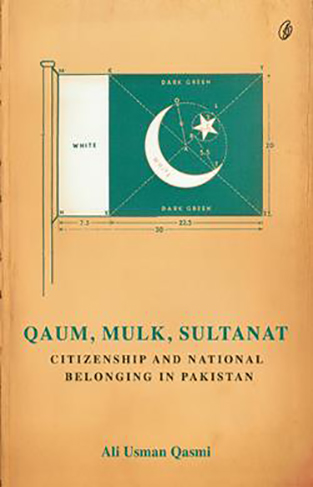
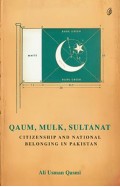
-120x187.jpg?q6)





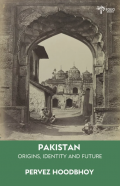
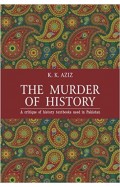
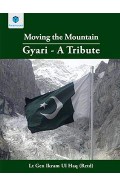
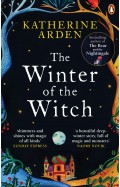


-120x187.jpg?q6)



-120x187.jpg?q6)



